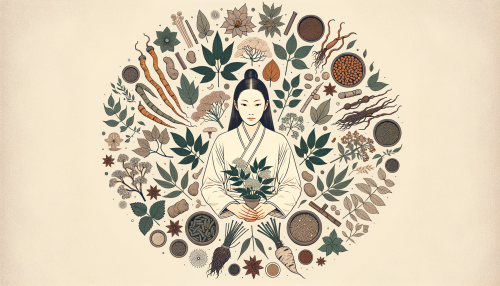Introduction
Aromatherapy, a practice that has been around for centuries, is a fascinating blend of science and spirituality. It is a holistic healing treatment that uses natural plant extracts to promote health and well-being. Aromatherapy uses aromatic essential oils medicinally to improve the health of the body, mind, and spirit. It enhances both physical and emotional health. This article will delve into the science and spirit of aromatherapy, exploring the basics of essential oils, the scientific backing of aromatherapy, and its spiritual aspects.
Essential Oils Basics

Essential oils are the lifeblood of plants, the volatile liquids distilled from various parts of plants, including seeds, bark, leaves, stems, roots, flowers, and fruit. They are highly concentrated, making them incredibly potent. Essential oils are the cornerstone of aromatherapy, providing the scents that stimulate our olfactory system, the part of the brain connected to smell.
The extraction of these oils is a meticulous process, often involving steam distillation or cold pressing. The result is a highly concentrated oil that contains the aroma and therapeutic properties of the source plant. These oils can be used in various ways, including inhalation, topical application, and occasionally ingestion.
Each essential oil has a unique composition of chemicals that react with the body in different ways. Some oils can be uplifting and energizing, while others can be calming and soothing. The versatility of essential oils makes them a valuable tool in aromatherapy.
Aromatherapy’s Scientific Backing
While aromatherapy might seem mystical or esoteric to some, it has a solid scientific foundation. Numerous studies have shown the effectiveness of aromatherapy in various applications, from pain management to stress reduction.
For instance, lavender oil has been found to have a calming effect, reducing anxiety and improving sleep quality. Peppermint oil has been shown to alleviate headaches and improve digestion. These are just a few examples of the myriad of ways essential oils can benefit our health.
The science behind aromatherapy lies in our sense of smell. When we inhale the aroma of an essential oil, the scent molecules enter our nostrils and interact with our olfactory system. This sends signals to our brain, specifically the limbic system, which is responsible for emotions, behaviors, and long-term memory. This is why certain scents can trigger strong emotions or memories.
Spiritual Aspects of Aromatherapy
Beyond the physical benefits, aromatherapy also has profound spiritual implications. Many cultures have used essential oils in spiritual practices for centuries, recognizing their ability to uplift the spirit, enhance meditation, and promote a sense of peace and harmony.
In many spiritual traditions, certain scents are associated with specific qualities or states of consciousness. For example, frankincense is often used for purification and spiritual awakening, while rose oil is associated with love and compassion.
Aromatherapy can be a powerful tool in spiritual practices, helping to create a sacred space, enhance meditation, and promote a sense of peace and harmony. By engaging our sense of smell, aromatherapy can help us to connect more deeply with ourselves and the world around us.
Conclusion
In conclusion, aromatherapy is a fascinating blend of science and spirituality. It harnesses the power of essential oils to promote physical, emotional, and spiritual well-being. Whether you’re seeking relief from physical ailments or looking to enhance your spiritual practice, aromatherapy offers a natural and holistic approach to health and well-being.





